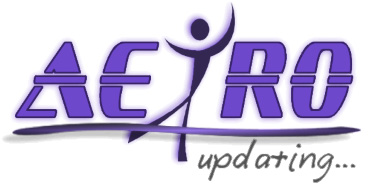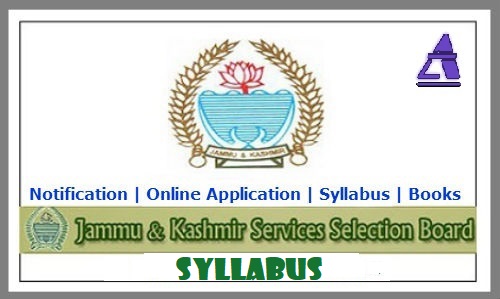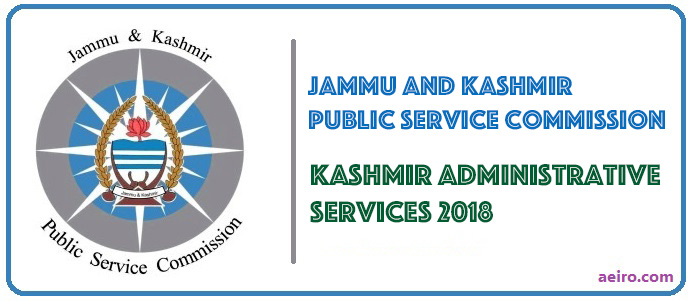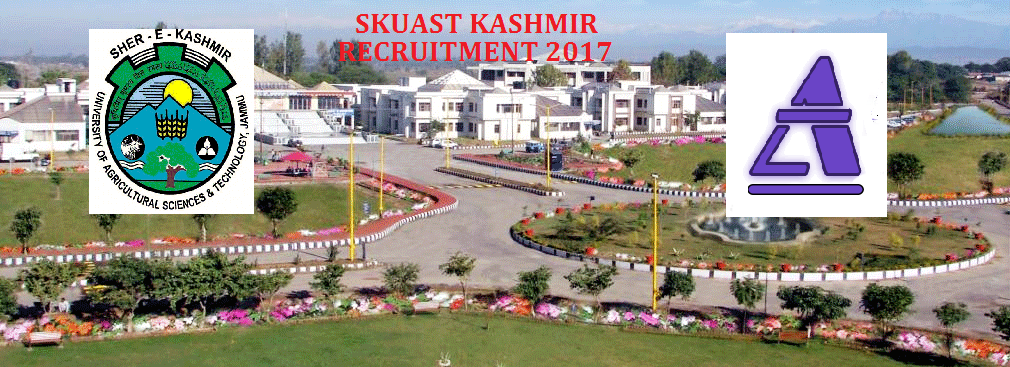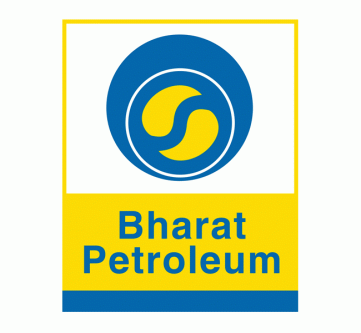Subject: Advance Notice for conduct of Written Examination for the post of Junior Engineer (Civil).
It is hereby notified for the information of candidates that J&K Services Selection Board (JKSSB) is going to conduct the written test for the post of Junior Engineer (Civil), Public Works (R&B) Department, UT Cadre, advertised vide Advertisement Notification No. 06 of 2022, under Item No. 201, tentatively scheduled on 19.11.2023. The exact dates along with the schedule for downloading of admit cards shall be notified separately in due course of time. This is an advance notice for the information of concerned candidates.
The syllabus for the examination of above- mentioned post is given below:
Syllabus for Written test
Marks =120 – 120 Minutes
1. Surveying: 10 Marks
Importance of surveying, principles and classifications, measurements of distance and directions, chain surveying, compass surveying, leveling, tachometry, theodolite, traversing, contouring, plane table surveying, curves.
2. Mechanics and Structural analysis: 15 Marks
Introduction, Concept of rigid body scalar and vector quantities, Laws of force, moment, friction, Centre of gravity, simple machines, torsion, Properties of material, Bending moment and shear force in statically determinate beams. Simple stress ands train relationship. Stress and strain in two dimers. ]is, principal stresses, stress transformation. Simple bending theory, flexural and shear stresses, unsymmetrical bending, shear Centre. Thin-walled pressure vessels, uniform torsion, buckling column, combined and direct bending stresses. slope and deflection, Analysis of trusses.
3. RCC Structures: 15 Marks
Concrete technology, Ingredients of concrete, water cement ratio, workability properties of concrete, admixtures, special concretes,
on destructive tests, basics of mix design. Concrete design-basic working stress and limit state design concepts, analysis of ultimate load capacity and design of members subjected to flexure, shear, compression and torsion by limit state methods. Basic elements of pre-stressed concrete, analysis of beam sections at transfer and service loads, one-way slab, two-way slab.
4. Soil Mechanics: 10 Marks
Origin of soils, properties, soil classification, three phase system, fundamental definitions, relationship and interrelationship, flow of water through soils, permeability & seepage, effective stress principle, deformation of soils, consolidation, compaction, shear strength characteristics, plate load test, SPT, Density control, Measurement of field density by core cutter and sand replacement method, soil exploration, bearing capacity and its methods
5. Fluid Mechanics and Hydraulics: 1 5 Marks
Properties of fluids, hydrostatic pressure, measurement of pressure, flow measurement, flow through pipes, flow through open channels, hydraulic pumps, principle of conservation of mass, momentum, energy and corresponding equations, potential flow, applications of momentum and Bernoulli’s equation, laminar and turbulent flow, flow in pipes, pipe networks. Concept of boundary layer and its growth. Uniform flow, critical flow and gradually varied flow in channels, specific energy concept, hydraulic jump Forces on immersed bodies, flow measurements in channels, tanks and pipes. Dimensional analysis and hydraulic modeling Kinematics of flow.
6. Irrigation Engineering: 10 Marks
Introduction, water requirement of crops, hydrological cycle, Dams, Canals, dams, canal he.ad works and re.t1ulat0ry w0rks, 1eross diallage works, hydr11:uhc structures, reverting .works, Water-logging, drainage,, ground water recharge, Well hydraulics.
7. Water supply and waste water Engineering: 10 Marks
Introduction’, quantity of water, quality of water, water treatment, conveyer of water, laying 0ut of pipes, building water supply, water supply fixtures and installation, plumbing, sewerage system, laying and construction of sewers, sewage characteristics, Methods of disposal, sewage treatment, building drainage, air and noise pollution.
8. Highway Engineering: 10 Marks
History of Development of highway and planning , definition of various terms used in highway engineering, methods of road construction IRC classification highway surveys and plans geometric design different types of road materials in use binders types of payment CBR method ,subgrade preparation, WBM,WMM, bituminous macadam, dense bituminous macadam, special problems in hill road.
9. Railway Engineering : 10 Marks
History of Indian Railways, gauges used permanent way its components, types of rails creep welding rain fixtures and fastenings signaling points and crossings bridge terminology classification , components, foundations.
10. Construction planning management: 15 Marks
Network diagrams, PERT-CPM, cost optimization contracts, tenders, valuation, organization, measurement books, cash book, functions of L, construction planning, quality control, inventory control, Estimation and costing definitions, methods of estimation and type of estimates.
